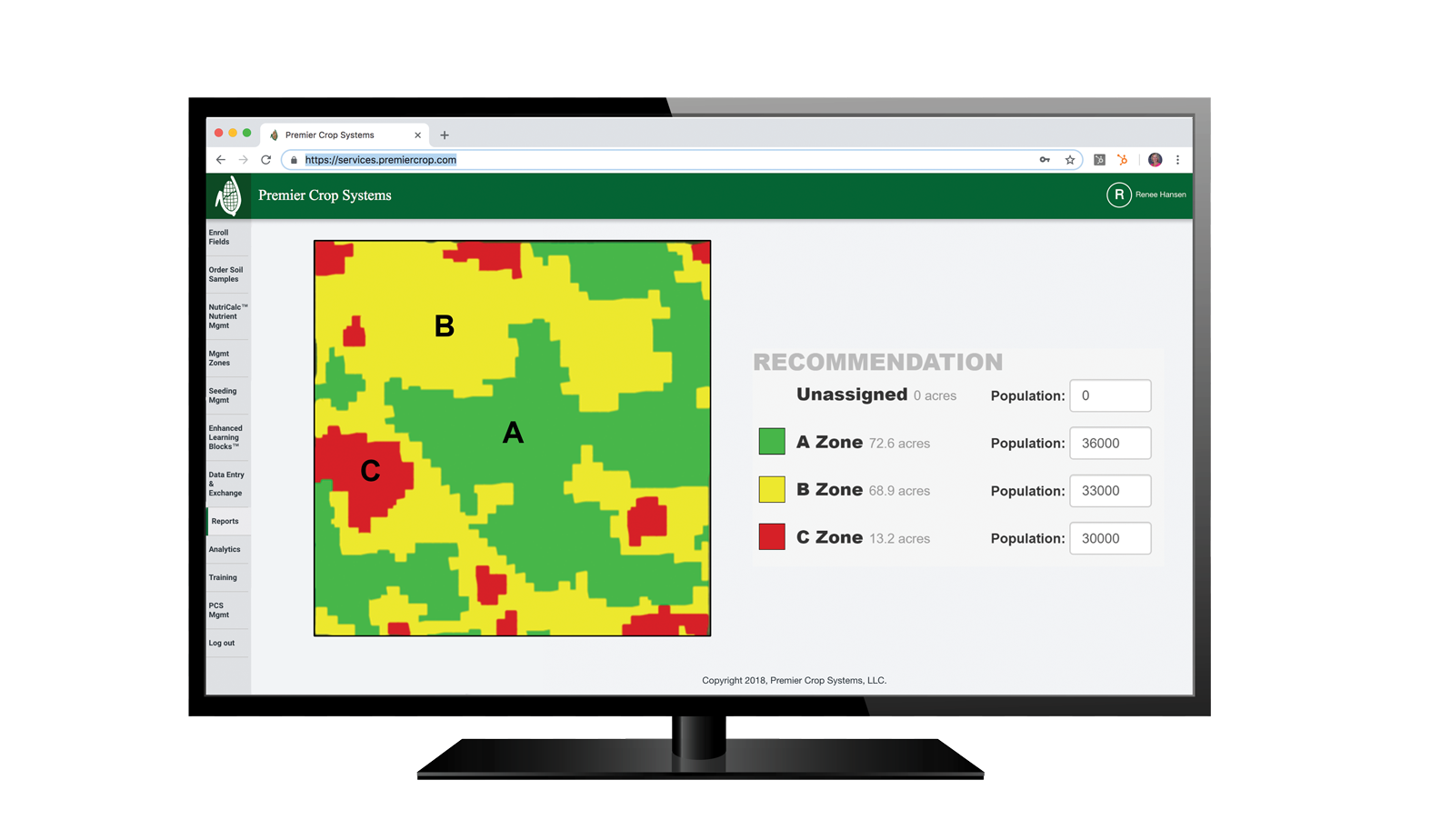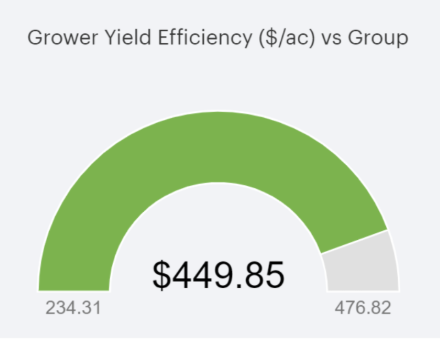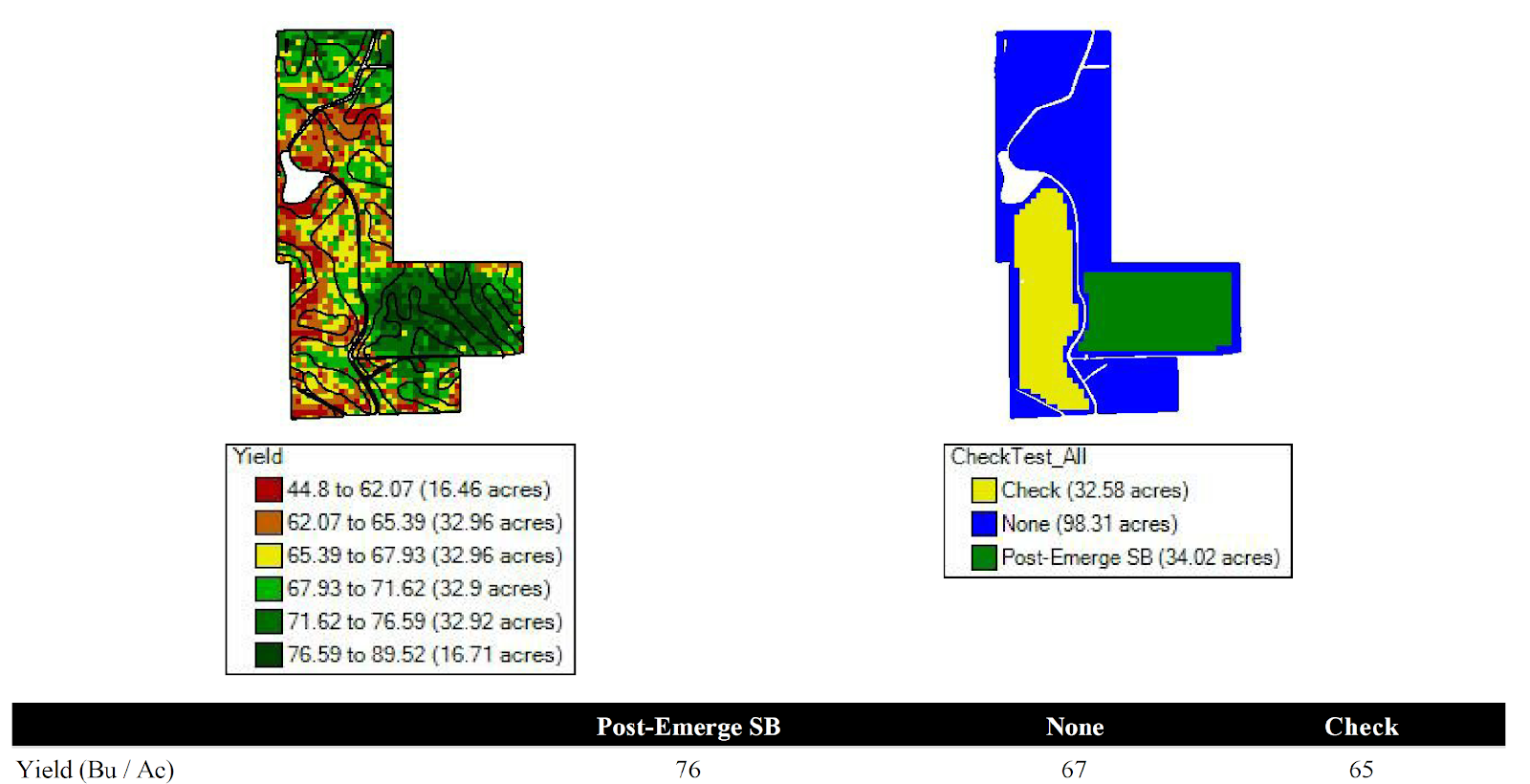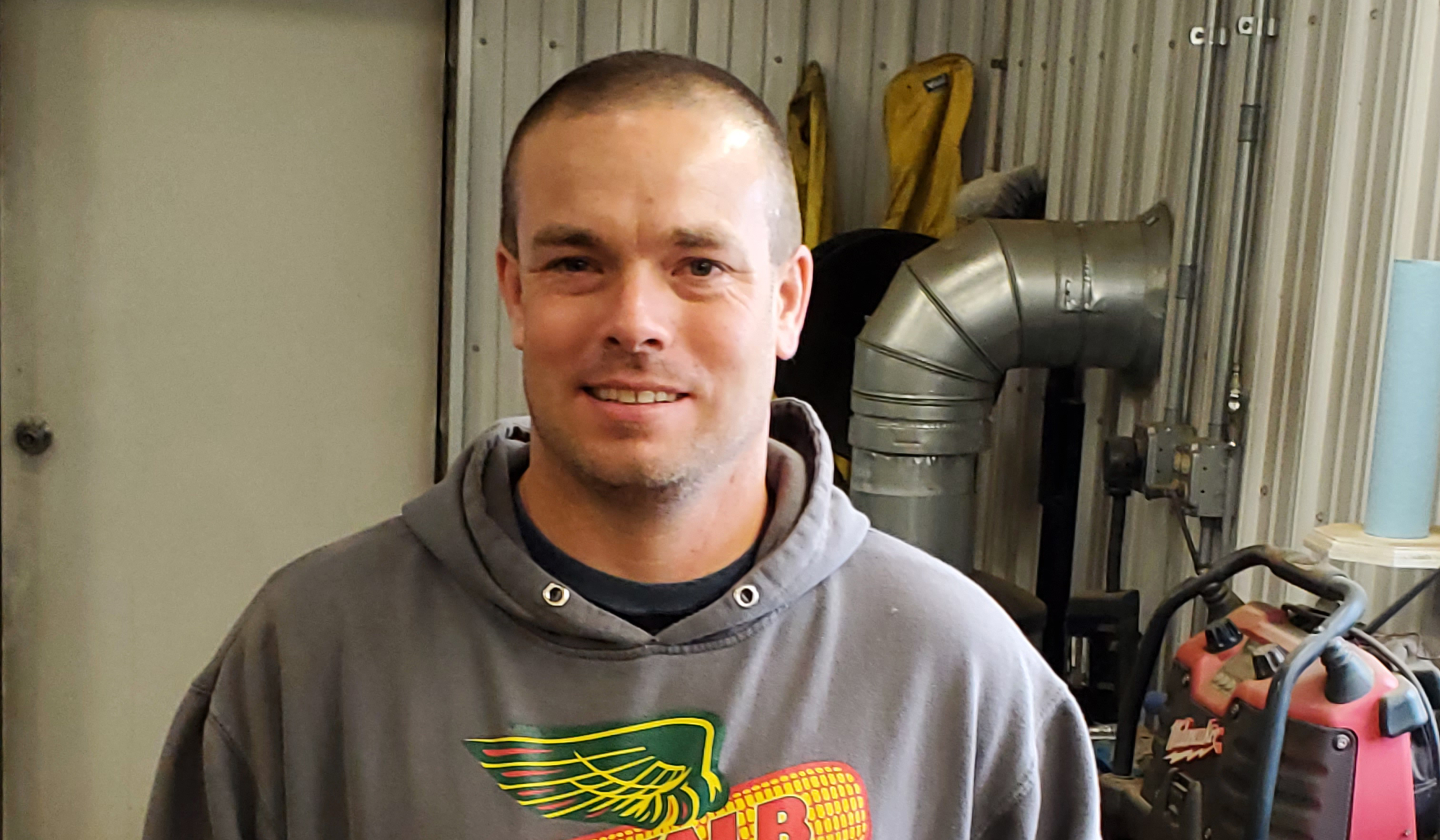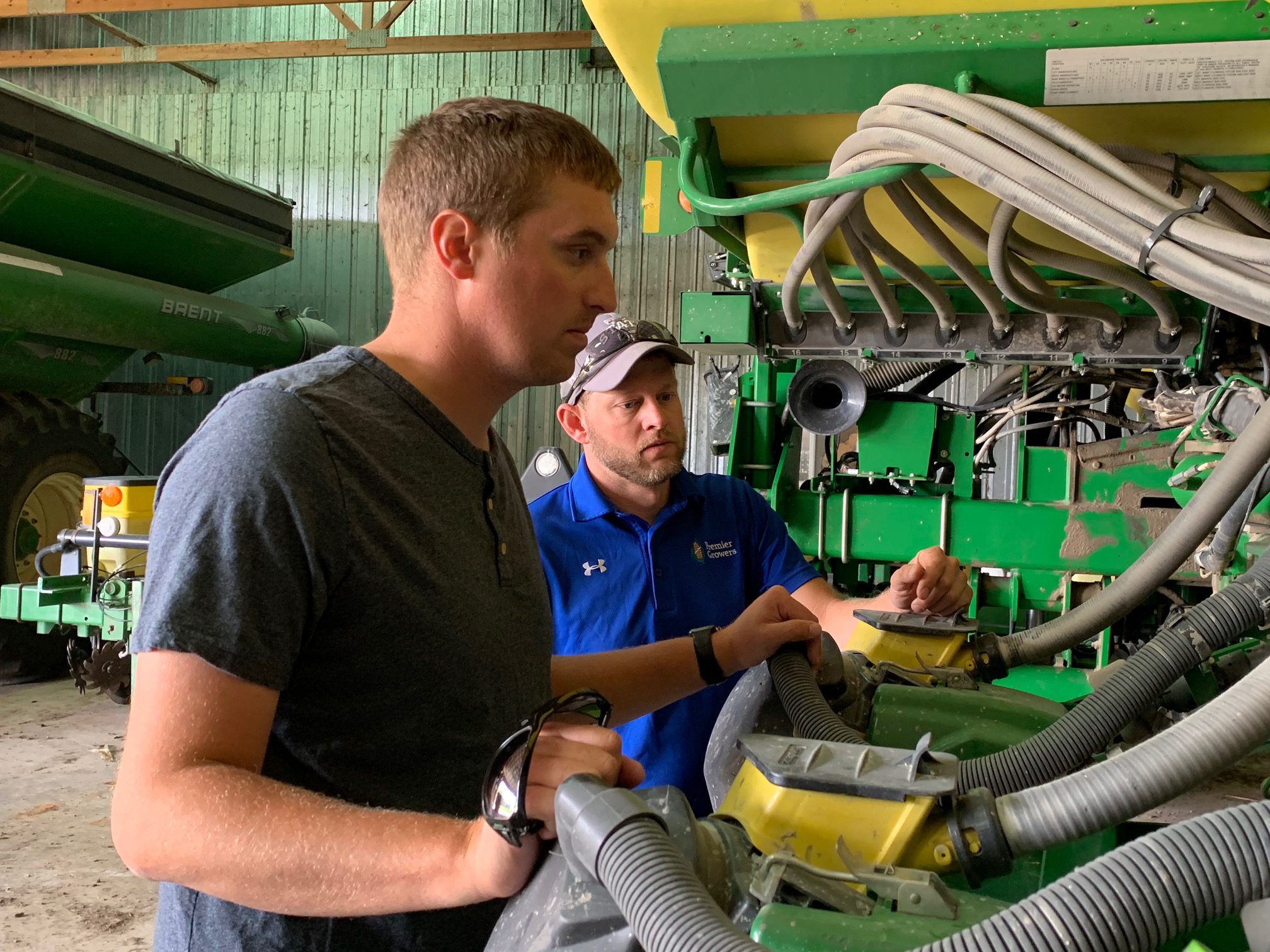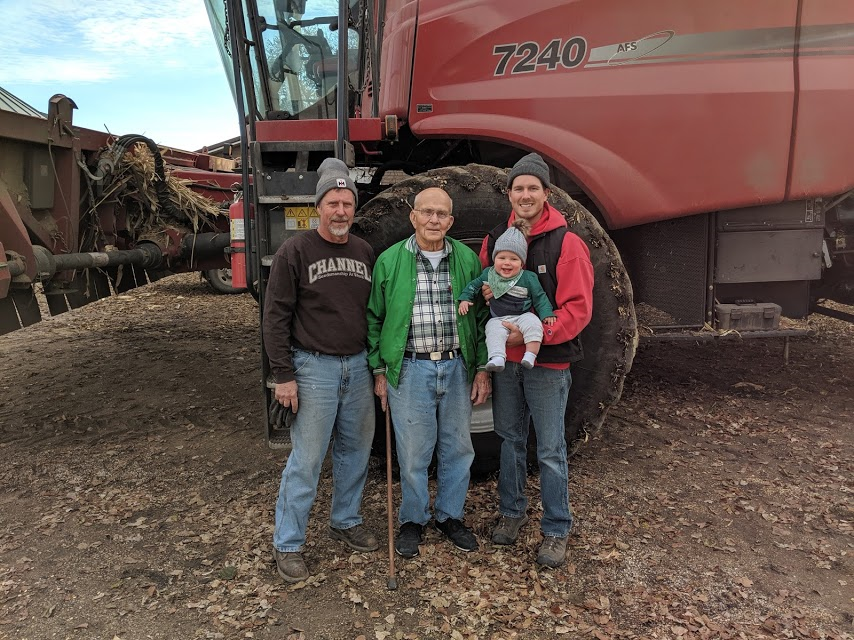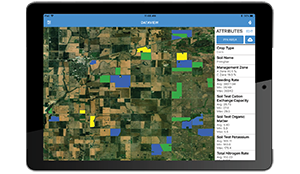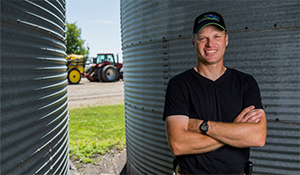As an avid baseball fan, I am yearning for the pre COVID-19 days of turning on a Royals game basically every night and watching the boys of summer duke it out. Every so often I don’t get the chance to actually watch or listen to the game and the next morning I am forced to look up the box score. If you’re like me and grew up looking for box scores in the paper (now we have the internet) you understand that it can be important information, but they fail to give you the entire picture of the game.
In our latest Premier Podcast:
"The more data you get,
the more it lets you break it apart
into more meaningful insights."
- Dan Frieberg
Topics: Big Data
New agronomy products are being brought to market every year, with claims of adding bushels to your bottom line. Every farmer is curious whether or not these products actually perform. Whether it’s micros, in-furrow, seed treatment, fungicide, or biologicals, farmers want proof that a product will perform on their own acres. Most are willing to try a new product or two on a few acres to see what will happen before they invest in every acre. However, how they analyze that data is essential to getting a clear picture to that product’s success.
Topics: trials
Darren Fehr and Dan Frieberg talk about
how change and innovation
can be created through a crisis
in our latest podcast.
Topics: economics
"With alternative things like fungicide, you definitely want to see if that's paying for itself. Historically, the InSiteCDM program is showing every year that it pays for itself. With that knowledge, it makes you more willing to spend the money to put on a fungicide. You wonder, should I or shouldn't I do it? But when you look at the data, you'll know if it works." - Shaun Wolf,
Topics: variable rate
Precision Ag as a Service - Should it be a Service on Your Farm?
As a farmer you are tasked with making over 40 important business decisions each year, which is no small task. These decisions can relate to anything from finance, product knowledge, agronomic knowledge, marketing, machinery repair/service, buying and negotiating skills, and computer skills. It's no wonder that as a farmer you have been known for being the “Jack of all trades,” however, how big of risk can you afford to take when it relates to making all of these decisions confidently?
When you look at other successful businesses, they make important decisions by utilizing a team of experts to research the problem and analyze each outcome. While the manager may make the final decision, it was done by relying on input, data and research from others. I've witnessed over the last 15 years working with growers that grower who use precision ag and data have outpaced their neighbors. Their data impacts and influences many important decisions they make to help them continuously learn from their fields.
When growers work with an educated agronomic advisor partnered with a precision ag system they see data the helps them drive decisions. But the communication with a person is a huge value, beyond the data.
Topics: Precision ag
A legacy for generations in the Rossman Family
There are no right or wrong answers to the title of this blog, How Technology has changed agriculture, instead there are too many to write about. Technology is supposed to make our lives easier and our work more efficient. Depending on your age (generation) your answers to this question will differ. I decided to ask my dad and grandpa what technologies have had the most impact on their farming careers.
Topics: Ag technology, data driven decisions
A look at Emergence in West Central Iowa
With planting finished up and warm weather finally here, crop scouting can provide valuable information about crop conditions and give early indications about issues that may impact final yield. The DataView app is a great tool to help make scouting easier and more efficient.
Topics: Ag technology
"In tough years, it's even more important to manage your inputs and to maximize profit. Way too often, I hear people want to maximize yield and, obviously, the more bushels you have, the more you have to sell. But if it costs you too much to raise, you might not have increased your profitability by increasing yield." – Eric Marchand, Britt, IA
Topics: learning blocks

